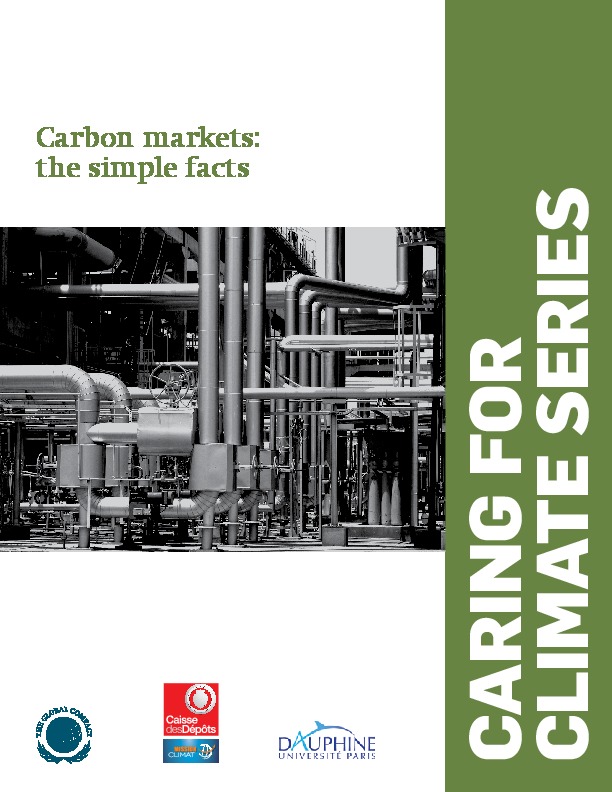Carbon markets: the simple facts
By Anaïs Delbosc and Christian de Perthuis
Caring for Climate (C4C) was introduced by United Nations Secretary-General Ban Ki-moon in July 2007. The Secretary-General challenged Global Compact participants to exercise leadership on climate issues by:
• making climate change a leadership issue for strategy and operations;
• setting emission reduction targets and exploring low-carbon technologies;
• supporting public policy efforts aimed at achieving low carbon economies;
• sharing experiences and publicly disclosing progress made on an annual basis.
Less than two years on, Caring for Climate has emerged as the world’s largest and most diversified business engagement platform on climate, with more than 350 corporate signatories in over 60 countries., Less than seven months before the crucial UN Climate Change Conference in Copenhagen, we are releasing several new research studies and reports, the Caring for Climate Series, to offer a range of perspectives on the role of business and investors in tackling climate change. It is our hope that the findings of the C4C Series will inspire more businesses to make climate change a priority issue, so that policy makers will feel more confident that business is ready to be part of the solution.
